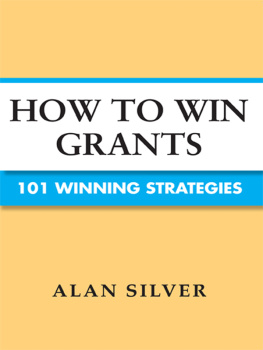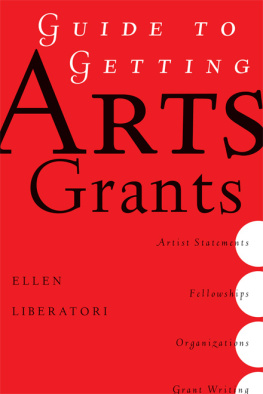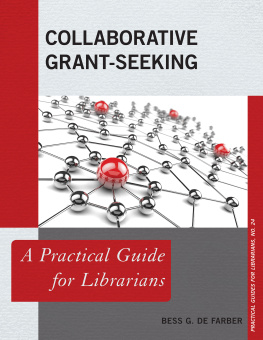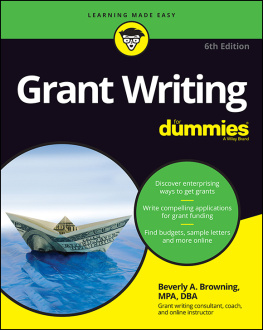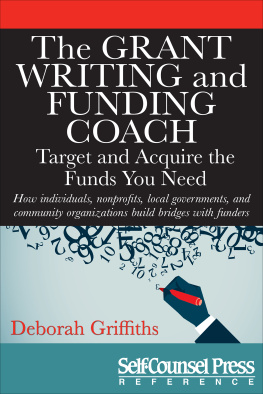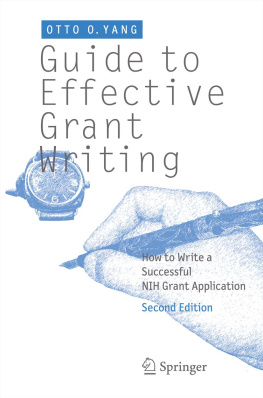2012 by Alan Silver
All rights reserved. Copyright under Berne Copyright Convention, Universal Copyright Convention, and Pan American
Copyright Convention. No part of this book may be reproduced, stored in a retrieval system, or transmitted in any form, or by any means, electronic, mechanical, photocopying, recording or otherwise, without the express written consent of the publisher, except in the case of brief excerpts in critical reviews or articles.
All inquiries should be addressed to Allworth Press,
307 West 36th Street, 11th Floor, New York, NY 10018.
Allworth Press books may be purchased in bulk at special discounts for sales promotion, corporate gifts, fund-raising, or educational purposes. Special editions can also be created to specifications. For details, contactthe Special Sales Department, Allworth Press, 307 West 36th Street, 11th Floor, New York, NY 10018 or .
15 14 13 12 11 5 4 3 2 1
Published by Allworth Press
An imprint of Skyhorse Publishing
307 West 36th Street, 11th Floor, New York, NY 10018.
Allworth Press is a registered trademark of Skyhorse
Publishing, Inc., a Delaware corporation.
www.allworth.com
ISBN: 978-1-58115-905-9
Library of Congress Cataloging-in-Publication Data
Silver, Alan, 1949
How to win grants : 101 winning strategies / Alan Silver.
p. cm.
ISBN 978-1-58115-905-9 (pbk. : alk. paper)
1. Fundraising. 2. Subsidies. 3. Research grants.
4. Nonprofit organizationsFinance. I. Title.
HG177.S55 2012
658.15224dc23 2011048727
Printed in the United States of America
This publication is designed to provide accurate and authoritative information in regard to the subject matter covered. It is sold with the understanding that the publisher is not engaged in rendering legal, accounting, or other services. If legal or other professional assistance is required, the services of a competent professional person should be sought.
From a Declaration of Principles jointly adopted by a Committee of the American Bar Association and a Committee of Publishers and Associations
In loving memory of my parents
Victor Simon Silver and Helen Miller Silver
ACKNOWLEDGMENTS
My experience with grants dates to 1977, when I was hired to develop and manage a nonprofit health care program in rural North Carolina. There, I had the opportunity to learn from experience, including the valuable experience of failure, what works and what doesnt work when it comes to grantseeking. I also had the good fortune to befriend the late Will Harper, a West Virginian who knew how to win grants. I will never forget the evening Will showed up at my office, bottle of bourbon in hand, to help me put together my first grant request. Of course, we didnt crack the seal on the bourbon until the grant request was done.
I am thankful to the clients who have employed me to help them win grants over the last three decades. Their confidence has helped me brave with them the risk of failure, even though for the most part we have enjoyed success. This success, which has financed tens of millions of dollars worth of grant-funded projects to promote better health and safety, is the raw material out of which this book was built.
I appreciate the advice and encouragement of Tad Crawford and Delia Casa at Skyhorse Publishing. I especially want to thank Savannah writer Susan B. Johnson for reading and copyediting the manuscript and for her many helpful suggestions. Any remaining errors or omissions in the text are all mine.
My deepest gratitude goes to my darling wife, Patricia. She has listened to my grantseeking tales of wonder and woe, read and helped me improve upon many and diverse grant requests, and observed firsthand my at times deadline-defying grantseeking behavior. And she has had the good sense and grace to comment productively, patiently, lovingly.
INTRODUCTION
Every year, nonprofit organizations win billions of dollars in grants. How do they do it? Whats more important, how can you do it? This book shows you how, with a simple, three-stage approach to winning grants:
Stage One: Prepare (Strategies #1-58) readies you to seek grants by showing you how to assess and improve your personal and agency positioning for grants, plan competitive projects, and identify the best sources of grant funding. This section also dispels several widespread myths about grant-seeking and identifies unproductive grantseeking behaviors to avoid. Nearly two-thirds of the 101 strategies involve preparing to compete, homage to the 6P truth that Proper prior planning prevents poor performance.
Stage Two: Persuade (Strategies #59-91) shows you how to convince private and public funders that your project merits funding. Youll see how writing the grant application becomes a matter of adapting your already drafted project plan to the specific needs of each potential funder. Youll learn how to engage the funders attention and make the most compelling case for your project.
Stage Three: Perform (Strategies #92-101) will help you see effective ways to continue to attract grant funding over the long-term.
How to Win Grants is as short as I could write it. My aim is to give you a concise, lively guide that you can digest in one sitting and return to for ideas as you go about your grantseeking. I also hope this book contributes to better grant applications and, by extension, more effective grant-funded projects.
YOU CAN TELL THIS BOOK BY ITS COVER
This is a book about how to win grantsnot just about how to write grant applications, because persuasive writing skills are only a part of successful grantseeking. If you grasp the significance of the last sentence and can put it to use, you will have gotten your moneys worth from this book. In short, you dont need to write like William Shakespeare (and youd better not!) to win grants. You just need to adapt and develop three skills you already possess: the ability to plan, the ability to convince others that your plan is worth funding, and the ability to manage the grants you win so as to achieve successful results.
WHAT YOU WONT FIND IN THIS BOOK
You wont find the following in this book:
Information on how to incorporate your agency or to obtain federal tax-exempt status
Information on grantseeking for individuals (for example, scholarships) or businesses (for example, money to start a business)
Information on fundraising, much of which is focused on asking wealthy individuals to part with cash for good causes
Cookbook-type recipes or so-called magic words that purport to guarantee funding
Samples of abstracts, narratives, budgets and other portions of funded grant projects; as noted in the text, there are ample free or reasonably priced sources for such materials
Page after page of website listings of potential funding sources (As youll see, you need to master a few key databases and do your own research.)
I HOPE YOULL READ OTHER BOOKS ON THIS SUBJECT
Over the years, Ive found many worthwhile books and much excellent Internet content that explains the grantseeking process. Some of this material is interesting, but some of it is excruciatingly detailed and a tough slog. At the opposite end of the spectrum, there is also a fair amount of disinformation for sale that can dent your wallet without improving your grant-winning prospects. I hope you will avoid cheesy Internet scams that offer computer disks and outdated print materials. You can learn about alternative approaches to grantseeking from the kinds of sources shown in the text, specifically in Strategy # 14.
A FEW WORDS ON TERMINOLOGY
Terms frequently and inconsistently used in the world of grantseeking and grants management can confuse you if you are unfamiliar with them and if you let them. For example, some funders use the terms goal and objective as if they mean the same thing (as you will see, they do not). There are not enough academic bones in my body to devise, and ask you to sit through, a discussion of the meaning of oft-used grantseeking terms. Instead, if you will provisionally accept at times inconsistent grantseeking terminology, you will over time figure out with increasing precision what each funder means. I myself have used three terms for convenience and brevity that I would like to explain. By funder, I mean any entity, public or private, that makes grants. By agency, I mean a tax-exempt entity that seeks grants. By target population, I mean the people or thing (such as the environment) your grant seeks to benefit.
Next page
